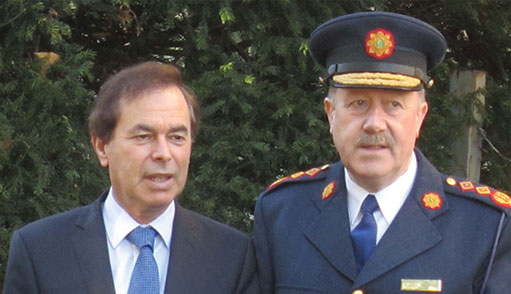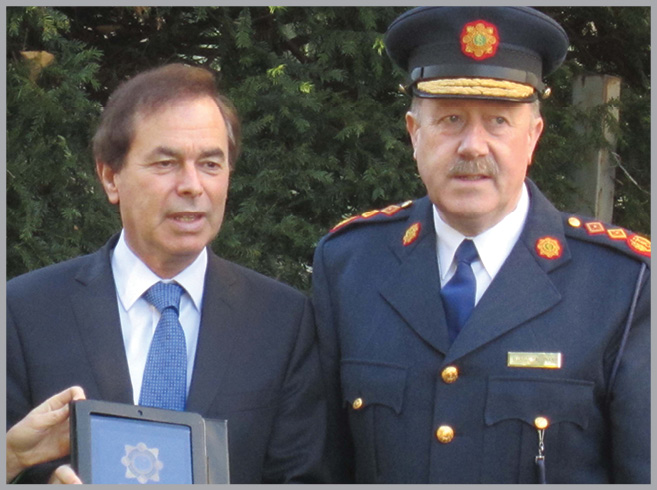Fennelly Commission


The conclusion of an investigation into the taping of phone calls at Garda stations in recent years has put further pressure on the Taoiseach and led some to call into question the position of the Attorney General (AG).
The final report of the Fennelly Commission found that there was “no widespread or systematic” misuse of information from non-emergency calls recorded at Garda stations but added that it was impossible to say whether this information was “never used improperly or unlawfully”.
The Commission was launched after it was discovered in 2013 that calls to a large number of Garda stations, other than the known emergency calls, were being recorded including those between suspects and their solicitors.
Knowledge of the recordings first came about during the infamous case of journalist Ian Bailey’s decision to sue the state over suspicions of the murder of Sophie Toscan Du Plantier, despite never being charged. During the case, recordings of conversations relevant to the case were discovered at Bandon Garda Station.
The series of events which followed, including informing senior Garda officers, largely believed to not have known about the process despite the custom being widespread, eventually led to the resignation of then commissioner Martin Callinan. An initial interim report suggested that upon knowledge of the custom, Callinan took steps to stop the process and informed Attorney General Máire Whelan about the issue. Whelan briefed the Taoiseach who then spoke with Callinan.
Fianna Fáil have put pressure on the Taoiseach and the Attorney General claiming they wrongly influenced Callinan’s resignation, something they deny.
The party’s justice spokesperson Jim O’Callaghan said last month: “It is ironic that the former commissioner, who stopped the recordings, and the former minister (Alan Shatter), who was not informed of the recordings, both lost their jobs, whilst the Attorney General, whose office knew about the recordings since November 2013, and the Taoiseach, who grossly overestimated the gravity of the consequences of the recordings, both retain their position.”
A spokesperson for the Government responded by saying the findings that the recordings were unlawful and unconstitutional was vindication of the AG’s advice in relation to the establishment of the Fennelly commission. He added that the fact that no criminal cases had been voided as a result of the recordings was both fortunate and to be welcomed.
The extension of recording calls further than those of an emergency nature, which has been in place since the 1970s, happened when a system upgrade took place in 1995 and extra capacity meant it was extended to encompass the main telephone line. Senior officers or management are understood to not have been involved in this decision.
The Commission passed 151 cases to the Director of Public Prosecutions (DPP) where it felt the taping may have been an issue but none of the cases were deemed affected.
In one of the latest high profile criticisms of senior management in An Garda Síochána, the report found “almost total ignorance at the highest levels of the force” around the issue and noted it as one of its most “surprising” findings. It also criticised the installation of the system and ignorance of any fears raised during this time.
“The failure to draw up any formal set of rules or protocols governing the operation and management of the DAT recording system is surprising and unfortunate.”





